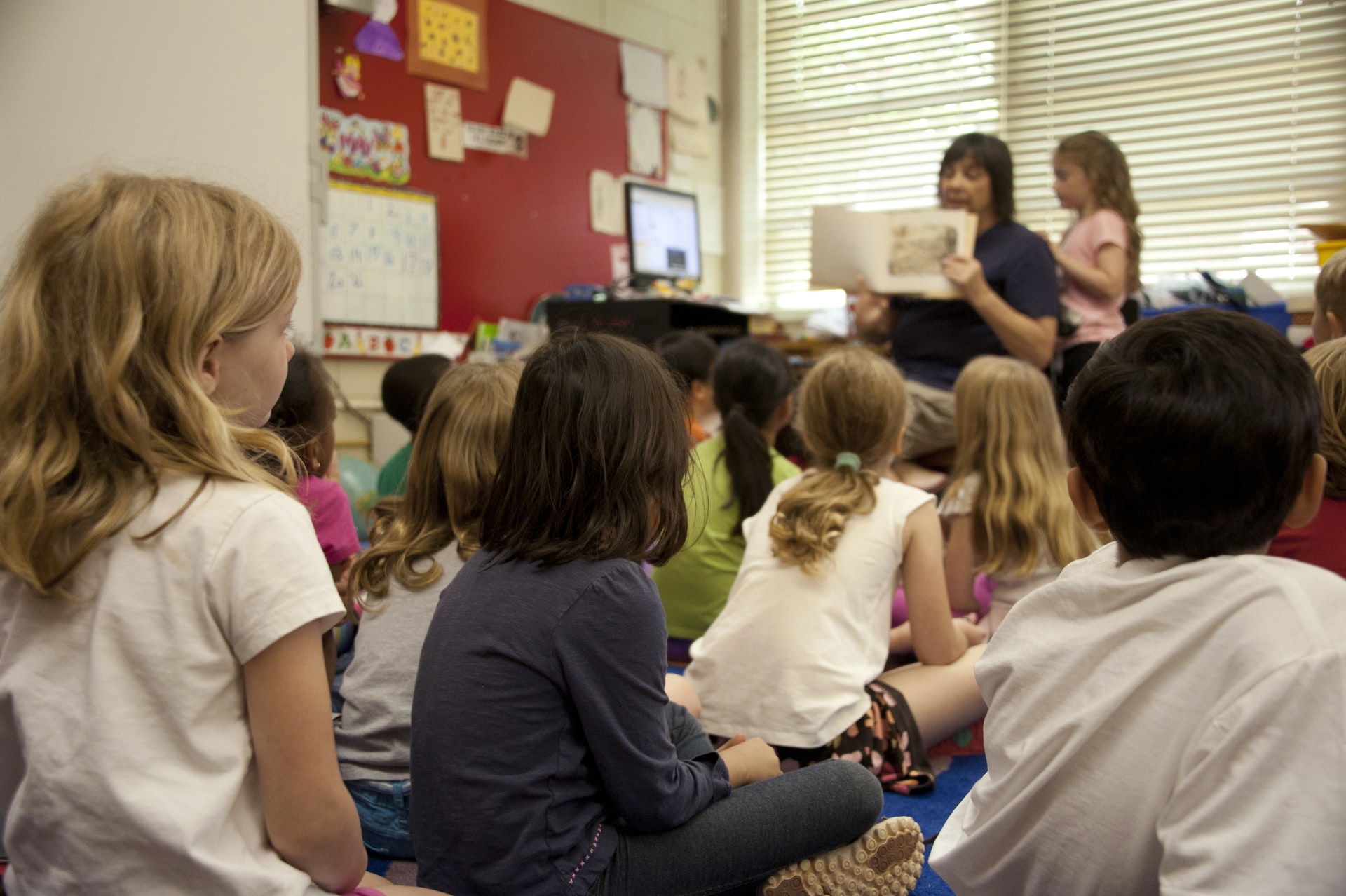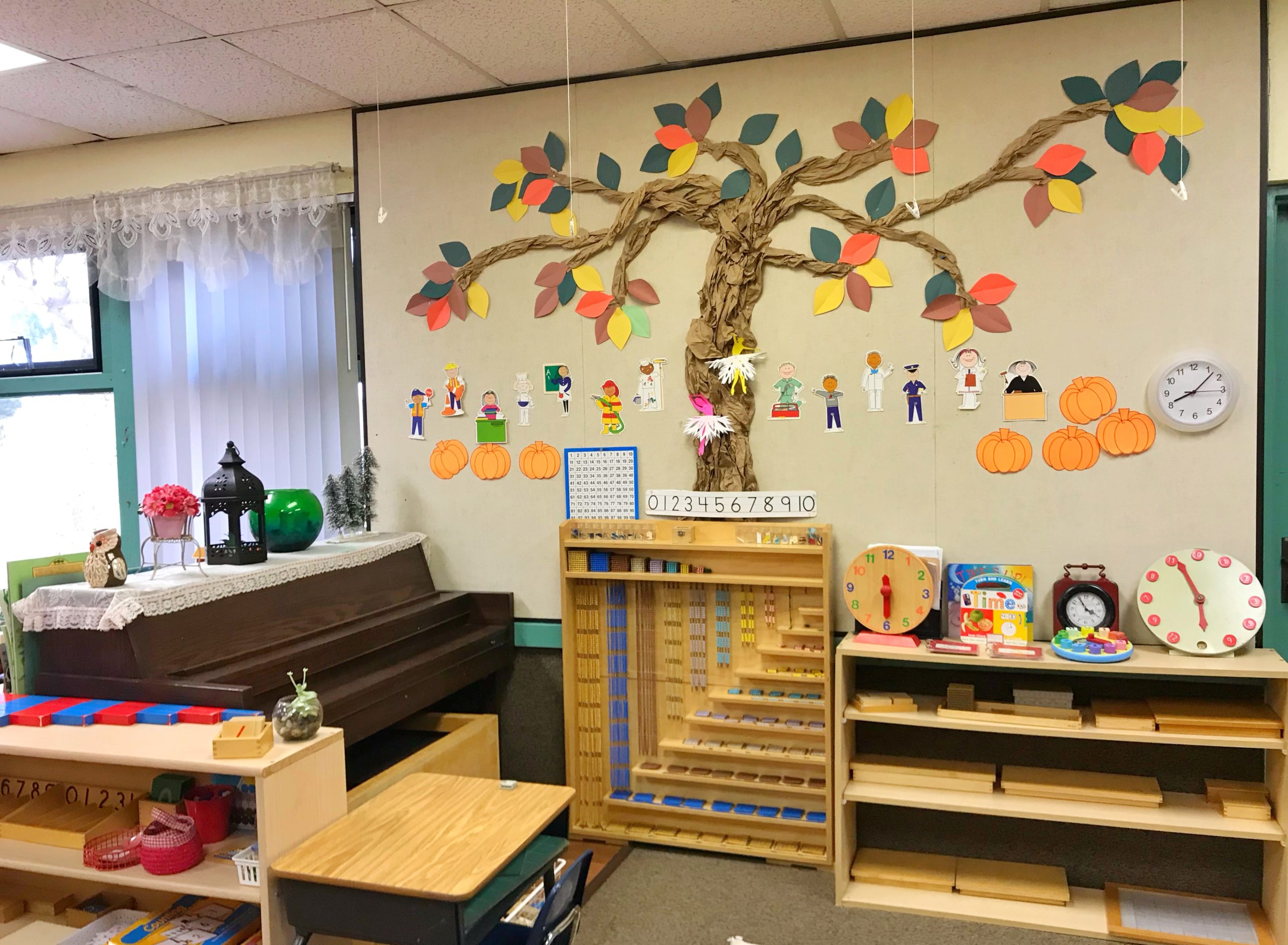
When a child is given a little leeway, he will at once shout, “I want to do it!” But in our schools, which have an environment adapted to children’s needs, they say, “Help me to do it alone.” And these words reveal their inner needs.
–Maria Montessori
Once Einstein quoted, “Any man who reads too much and uses his own brain too little falls into lazy habits of thinking.” Yes, it’s really true because traditional type of education has somewhat given a full stop to personal development of mind, but, a revolutionary mind Maria Montessori came up with an idea of new type of education system, where the education focuses more on development of five senses of a person rather than mugging up off theories.
Why does Dr. Montessori consider obedience to be the vital part of development?
In the line of education a common term is often used, that is, discipline and obedience. But Miss Maria presented this term in a new envelope which gave a successful turn to the students studying in a Montessori environment. For her, obedience is something which develops in a child with time as the other aspects of his characters.
According to Maria Montessori, children develop obedience and self-discipline in three stages. In short, obedience is a developmental process that is improved upon with practice.
Stage 1 of obedience
In the first stage of obedience, children are unable to grasp the importance of doing what is asked. Eventually, they realize the importance and value of doing so.
This stage of obedience is found in toddlers, where the children are under the age of 3. In this age there is presence of both obedience and disobedience. As the development of self-control had rarely developed at that age, the child cannot obey unless the order he/she receives corresponds with one of his/her vital urges. In this stage, toddlers are very much curious and enthusiastic in doing their tasks, say, day to day tasks like bathing, cleaning, eating and so on ignorant of being slow. In all these activities they are most pertinent, and they carry their laborious efforts to a conclusion, though with lots of difficulty, but try to finish it up in a more professional way.
Stage 2 of obedience
This is a stage where self-control has already developed in a child. Here, a child does not face any obstacle due to lack of self-control. He/she can control his actions according to his will, but after absorbing other’s will. In a nutshell, expressing other’s work or actions in his own way.
Stage 3 of obedience
This is the last stage of obedience development in a child. Here, the child unquestionably obeys someone superior, such as obeying his most beloved and respected teacher.
The power to obey is the last phase in development of the will, which in turn has made obedience possible. Montessori considers obedience occurring as a final stage in the development of the will.
If obedience develops on its own in children, then what’s the role of a teacher? Discipline is something that is not innate in a child, nor can it be taught by a teacher. Thus, the role of a teacher is to guide and give a proper shape to discipline and obedience of a child.
What is the effect of obedience on a child in a Montessori environment?
Miss Maria gave a vital stress on the word “obedience” as it is connected with independence in thinking and work. Self-discipline follows a certain progression that corresponds with obedience. It has been observed in a Montessori classroom, students are not unruly. They are busy with their own work and when it comes time to obey a request from the teacher, they are happy to do it! And, it’s not because of any threat or fear of punishment, rather children are doing it in a natural urge to do so. There is a natural readiness in them to follow the words of their tutors.
Since, in Montessori School obedience is directly connected to self development, then how is it being achieved in a Montessori School or home? Montessori School should be peaceful and available activities for the children should be attractive. The environment and activities in a Montessori School plays an important role in development of ‘joyful obedience’. Even parents play an important role in this development. In Montessori homes children are made to do everyday work like setting up chairs on the dining table, arranging their clothes, washing dishes and so on, this helps them to co-ordinate and focus on the activities in their real life. Therefore, their focused minds help in the increment of level of obedience.




